Recording, Mixing and Mastering
Published on 22/10/2023

In today's fast-paced world, the demand for high-quality audio content is ever-increasing.
Whether you're a podcast producer, a musician, a content creator, or a filmmaker, the ability to mix audio on the move has become an essential skill.
With the right techniques, hints, and procedures, you can achieve professional-sounding audio even when you're not tied to a traditional studio setup.
This article delves into the art of mixing audio on the go, offering valuable insights and tips for success.
Select the Right Tools: The first step in mobile audio mixing is to ensure you have the right tools.
Invest in a reliable laptop or tablet with sufficient processing power and storage.
Select your preferred DAW eventually avoiding the fully featured versions as you will be very likely to use only a limited set of DAW’s functions.
Avid Pro Tools Artist would be a good choice considering the set of available features and the compatibility with the professional studio’s projects.
For signal processing and effects rely on plugins as their quality is now very good and they allow you to minimize hardware to carry on during the trip.
Additionally, consider portable audio interfaces, microphones, and headphones that deliver accurate sound representation.
Suitable audio interfaces are small, reliable and with good ADC converters. Some include high quality plugins as stated before
Antelope Audio Zen Go Synergy Core could be an option. It is a portable desktop interface that allows self-recording artists to record from virtually anywhere.
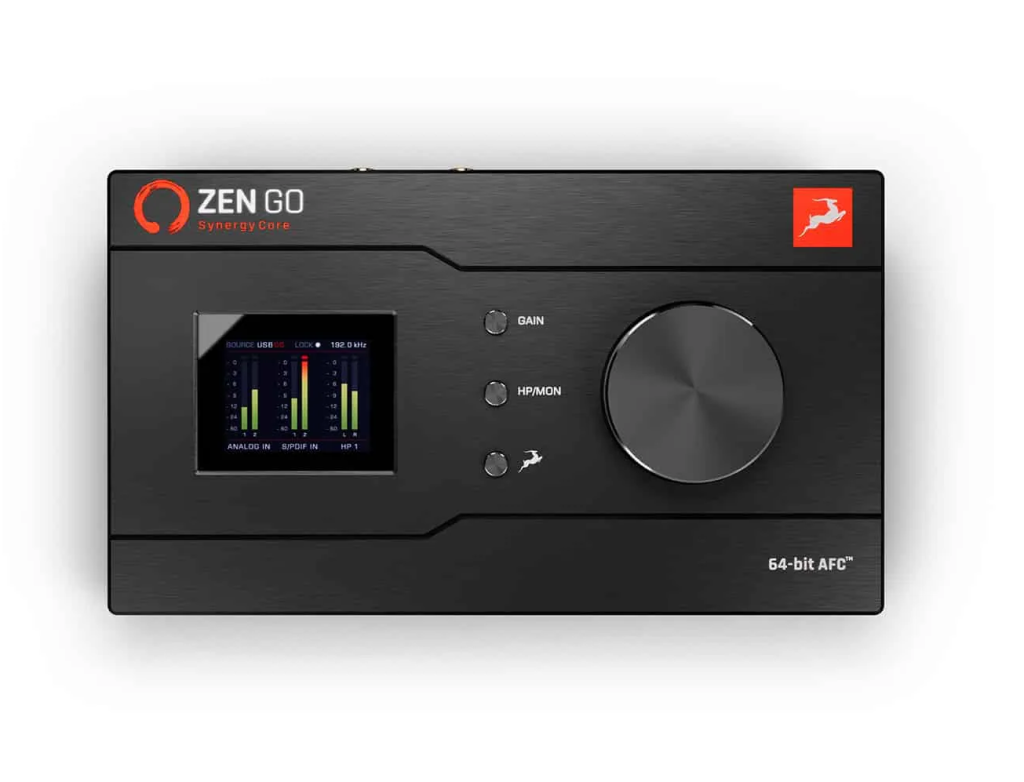
This device incorporates the same Antelope Audio technology employed by award-winning producers, from the 64-bit AFC clocking technology to the powerful, effects-packed Synergy Core onboard platform.
Zen Go Synergy Core comes with 37 of the finest analog-modeled effects to create stunning, sonically-rich productions.
In addition to exclusive compressors, EQs, and preamps, this interface comes with 22 guitar amps & cabs, a guitar tuner, and a signature reverb that can be applied to mixing session in real-time.
The sound quality and processing capabilities are very good making it ideal for mobile applications.
Apogee Duet 3 could also be good for the purpose with even a smaller foot print.
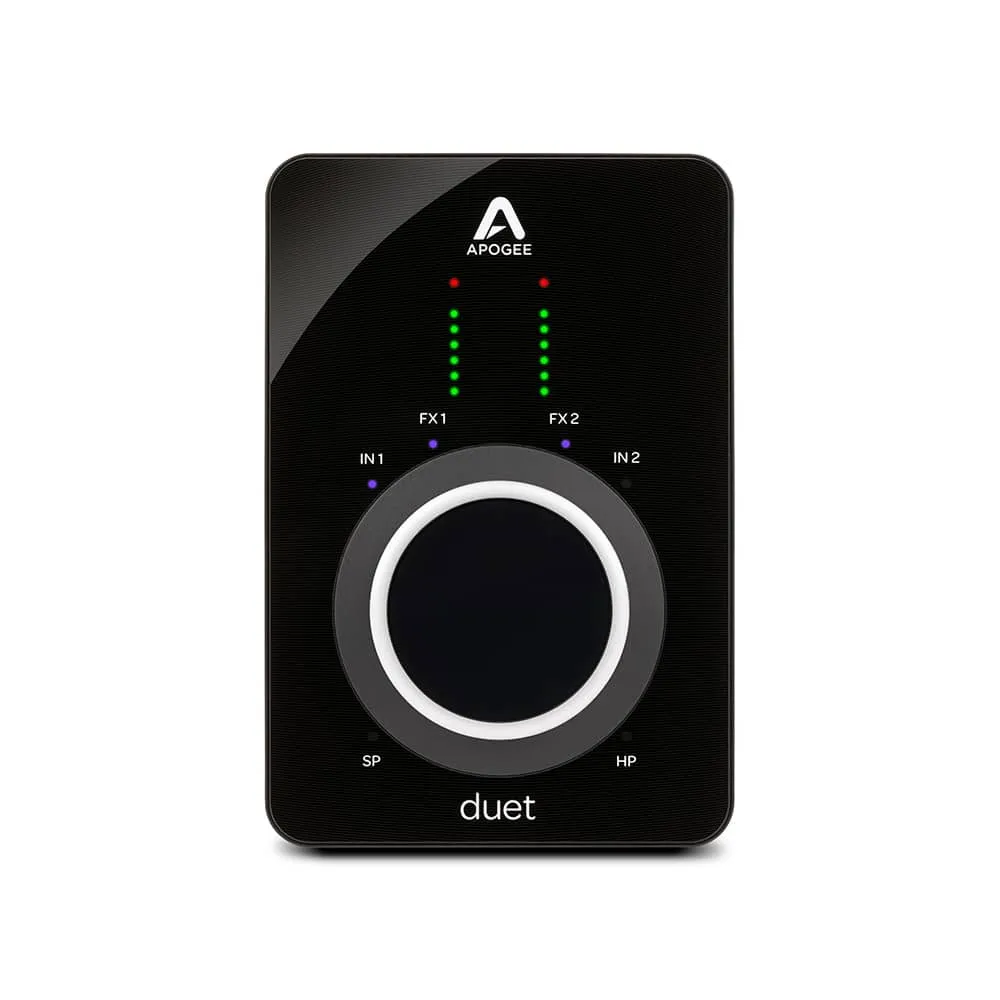
Duet 3 includes on-board hardware DSP that powers the Symphony ECS Channel Strip for zero-latency recording with FX.
Tuned by Bob Clearmountain, the ECS Channel Strip includes presets custom crafted by the legendary mixer so you can dial in a pro recording sound instantly.
Ideal for music creation, voice recording, streaming and even gaming, Duet 3 can be used in studio as well as on the go.
Use High-Quality Monitoring: Accurate monitoring is crucial, especially when you're mixing on the move.
Invest in a pair of quality headphones that offer a flat frequency response, enabling you to make informed decisions about your mix.
A couple of headphones models that could be suitable for the purpose are:
They are studio reference class, open back, dynamic headphones with flat frequency response (made in the EU).
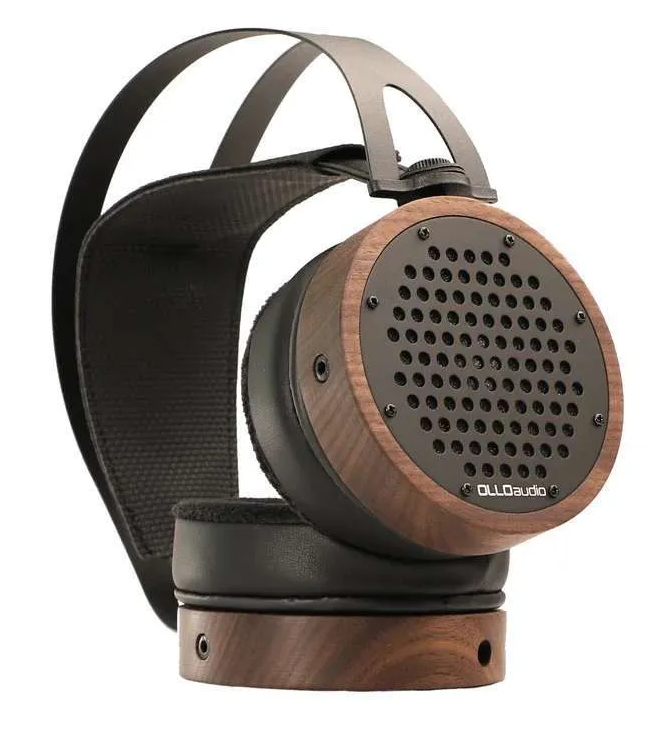
They use a Dynamic Neodymium speaker with 109dBSPL. The 1.2 version is even improved over the previous.
Their impedance is 32 Ohm so they can be connected to any interface without major issues.
The ATH-M50x is a reference model of professional closed ear headphones offered by Audio-Technica.
Featuring proprietary 45mm large-aperture drivers with rare-earth magnets and copper-clad aluminum wire voice coils, these headphones deliver accurate, natural sound with a deep, natural bass response.
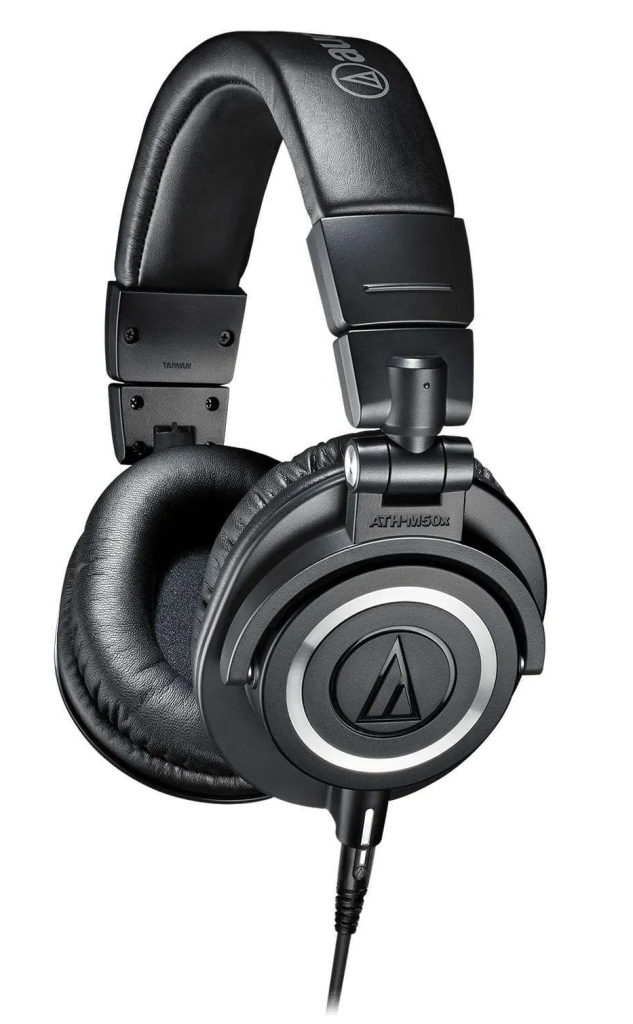
The acclaimed M-Series professional monitor headphones deliver accurate audio and exceptional comfort, perfect for long sessions in the studio and on the go.
Contoured earcups seal tightly for excellent noise isolation. .
The professional quality materials are resistant, but comfortable and the construction quality guarantees high reliability even in the most difficult situations.
The inclusion of room emulation plugins (as those proposed by Acustica Audio or Waves just to name a couple) could be beneficial to improve the feeling of a real environment.
Alternatively, consider compact near-field monitors for an enhanced mobile setup.
A couple of examples could be the Genelec 8010A or the Auratone 5C Active.
The former are speakers designed to be compact and portable, making them suitable for use in small studios, mobile recording setups, and other space-constrained environments.
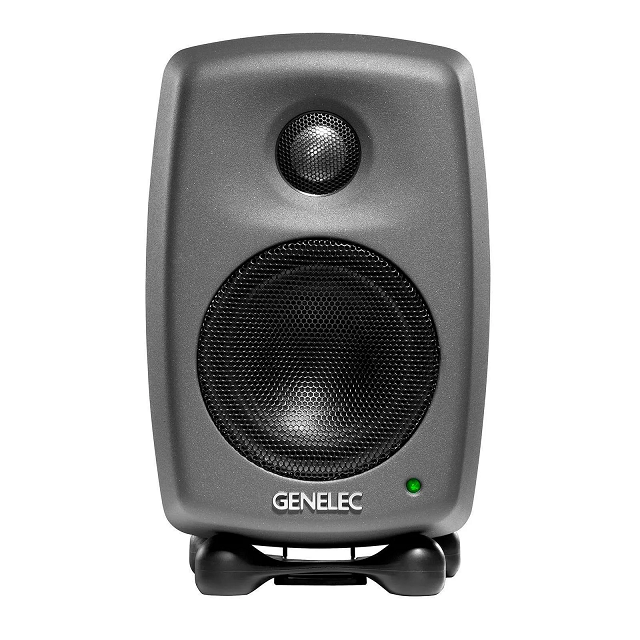
The latter became famous in the 1970s and 1980s and were used in recording studios around the world.
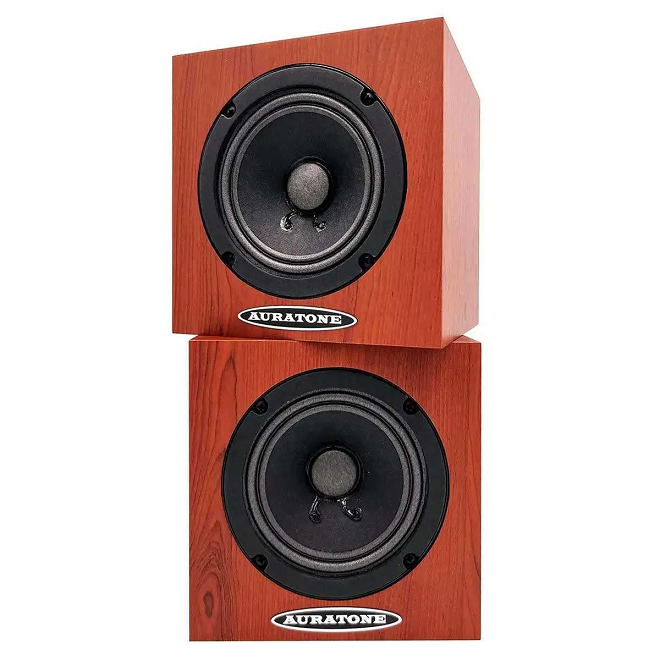
The small size and the recently added power amp make them suitable for using them on the go.
Embrace Minimalism: Mobile mixing often requires working with limited resources.
Embrace minimalism by focusing on essential elements and prioritizing the most critical aspects of your mix.
Keep effects and processing to a minimum, ensuring a clean and balanced sound.
Create a Mobile Mixing Template: Develop a standardized mixing template tailored to your mobile setup.
This template should include basic processing chains, such as EQ, compression, and reverb, that can be easily applied to various tracks.
Some general hints apply even if every situation can be specific and could be evaluated according to the project requirements.
Following suggestions would be useful anyway:
Choose the Right Environment: When mixing on the go, select a quiet and controlled environment whenever possible.
Avoid noisy cafes or bustling public spaces to ensure accurate monitoring and decision-making.
Manage Your Time Wisely: Mobile mixing can be time-consuming due to its inherent limitations.
Prioritize tasks and allocate time efficiently to achieve a balanced mix within your constraints.
Utilize Cloud Storage: Take advantage of cloud-based storage solutions to access your project files and assets from anywhere.
This ensures continuity and flexibility when transitioning between different locations.
Backup Your Work: Mobile setups can be vulnerable to accidents and technical issues.
Regularly back up your project files to prevent data loss and ensure you can continue working seamlessly.
Procedure comuni per il missaggio audio on the go
Following basic suggestions are useful to remain in a safe situation to avoid major issue with the mixing process.
Gain Staging: Begin by setting proper gain levels for each track in your mix.
Ensure that no individual track is clipping or too quiet, as this can impact the overall balance.
EQ and Panning: Use EQ to sculpt each element's frequency range and enhance separation.
Experiment with panning to create a wide and immersive stereo image, even on headphones.
Compression: Apply subtle compression to control dynamics and add cohesion to your mix.
Focus on achieving a balanced and transparent sound.
Reverb and Effects: Integrate reverb and effects sparingly to add depth and dimension to your mix.
Consider the context and genre of your content when choosing the appropriate amount and type of processing.
Reference Tracks: Utilize reference tracks that represent the sound you're aiming for.
Compare your mix to these references on various playback systems to ensure it translates well across different environments.
Mixing audio on the move has become a valuable skill in today's fast-paced creative landscape.
By adopting the right techniques, heeding practical hints, and following established procedures, you can achieve nearly professional-grade mixes even when you're away from your traditional studio setup.
Whether you're perfecting a podcast episode, fine-tuning a musical track, or enhancing audio for video content, the ability to mix on the go empowers you to deliver compelling and captivating sound experiences.
Join us today and get 5% off your next order!

Empty cart